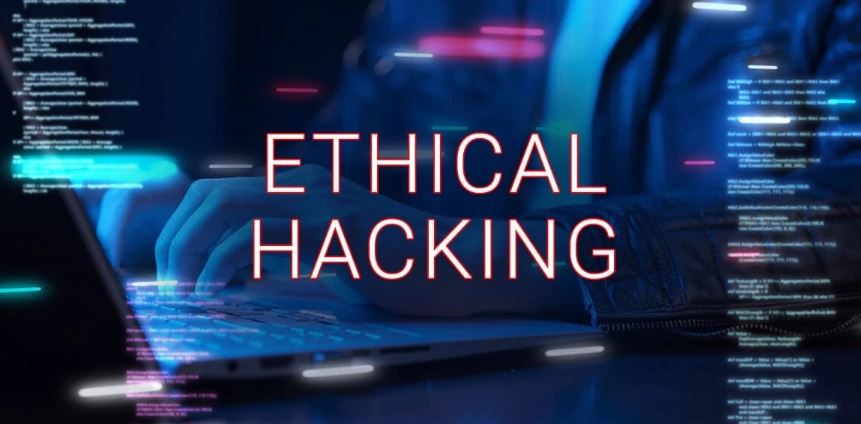Are Professional Ethical Hacking Agencies Truly Reliable?
As cyber threats grow more complex, many organizations turn to professional ethical hacking agencies to test defenses and uncover hidden weaknesses.
Yet a critical question remains unresolved for many decision-makers: are these agencies genuinely reliable, or do risks persist beneath the surface?
In 2025, reliability is no longer defined only by technical skill.
It depends on legality, governance, transparency, and the ability to operate within strict ethical boundaries.
This article examines reliability from a practical and legal perspective, helping readers distinguish credible agencies from risky operators.
Quick Navigation
Reliable ethical hacking agencies: defining reliability in context
Reliability in ethical hacking extends beyond successful vulnerability discovery.
What reliability actually means
A reliable agency demonstrates:
-
Legal authorization compliance
-
Methodological transparency
-
Consistent reporting standards
-
Accountability for actions and outcomes
Technical capability alone is insufficient without these safeguards.
Why reliability is often misunderstood
Many clients equate reliability with “successful breaches.”
In professional security testing, success is measured by risk insight and mitigation guidance, not exploitation.
Understanding this distinction is central to evaluating reliable ethical hacking agencies.
Legal authorization and regulatory compliance
Legality is the foundation of reliability.
Explicit authorization requirements
Ethical hacking is lawful only when conducted with written permission from system owners.
Authorization defines scope, duration, and permitted techniques.
Any agency operating without this documentation exposes clients to legal risk.
Compliance with industry regulations
Reliable agencies align with applicable data protection and cybersecurity regulations.
Non-compliance can invalidate findings and create liability.
This alignment supports established cybersecurity compliance expectations.
Methodologies and testing standards
Consistency separates professional agencies from informal operators.
Use of recognized testing frameworks
Credible agencies follow structured methodologies that include:
-
Planning and scoping
-
Controlled testing phases
-
Documentation and validation
Ad hoc approaches undermine repeatability and trust.
Risk-based testing philosophy
Reliable agencies prioritize impact and likelihood, not just vulnerability volume.
This approach ensures findings remain actionable rather than overwhelming.
Such discipline reflects mature penetration testing methodologies.
Transparency and reporting quality
Trust depends on clarity.
Clear communication of limitations
Professional agencies openly explain:
-
What was tested
-
What was excluded
-
Why certain techniques were avoided
Transparency prevents misinterpretation of results.
Actionable reporting deliverables
Reports should include:
-
Verified findings
-
Risk context
-
Remediation guidance
Vague summaries reduce practical value and signal unreliability.
This reporting rigor supports security assessment reporting best practices.
Personnel qualifications and accountability
An agency’s reliability reflects its people.
Verifiable expertise
Reliable agencies employ professionals with documented experience and training.
Credentials should be verifiable, not self-asserted.
Internal oversight and review
Quality assurance processes reduce individual error and bias.
Peer review strengthens accuracy and consistency.
These controls align with security governance models.
Data handling and confidentiality safeguards
Security testing involves sensitive information.
Secure data management practices
Reliable agencies implement:
-
Access controls
-
Data minimization
-
Secure storage and disposal
Weak handling practices negate technical competence.
Confidentiality enforcement
Clear confidentiality obligations protect both client data and test integrity.
Breaches erode trust beyond repair.
This discipline underpins information security management.
Risk indicators that undermine reliability
Certain behaviors consistently signal unreliability.
Overpromising results
Claims of guaranteed outcomes or complete security are unrealistic.
Professional agencies communicate uncertainty responsibly.
Resistance to documentation
Reluctance to formalize scope, contracts, or authorization is a serious warning sign.
These indicators conflict with ethical hacking standards.
Professional experience insight
Across enterprise security reviews, a consistent pattern emerges.
Organizations that engage agencies based on reputation, documentation, and process report higher trust and usable outcomes.
Those that prioritize speed or price often encounter scope disputes, weak reporting, or compliance issues.
Reliability proves cumulative, built through governance rather than isolated successes.
The role of independence and conflict management
Objectivity affects trustworthiness.
Avoiding conflicts of interest
Agencies that also sell remediation services may face incentive conflicts.
Disclosure and separation of roles preserve credibility.
Independent validation
Third-party reviews and repeat assessments improve confidence in findings.
This independence reinforces risk management integrity.
When professional agencies may still fall short
Reliability is not absolute.
Organizational misalignment
Even competent agencies may struggle when client expectations are unclear or unrealistic.
Evolving threat landscapes
No assessment captures every risk.
Reliability includes acknowledging limitations rather than masking them.
This realism strengthens long-term cyber resilience.
Frequently Asked Questions (FAQ)
Are ethical hacking agencies always trustworthy?
No, reliability depends on legal compliance, transparency, and governance.
How can I verify an agency’s reliability?
Review authorization processes, methodologies, and reporting samples.
Do reliable agencies guarantee security?
No, they provide risk insight, not absolute protection.
Is certification alone enough to trust an agency?
No, certifications must be supported by processes and accountability.
Can small agencies be reliable?
Yes, if they meet the same legal and professional standards.





